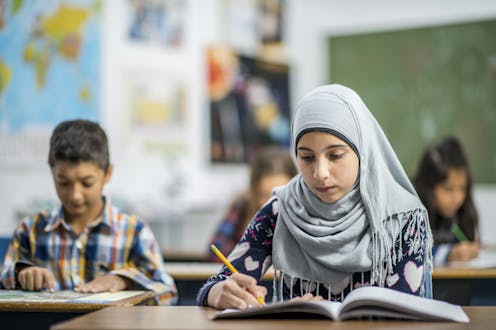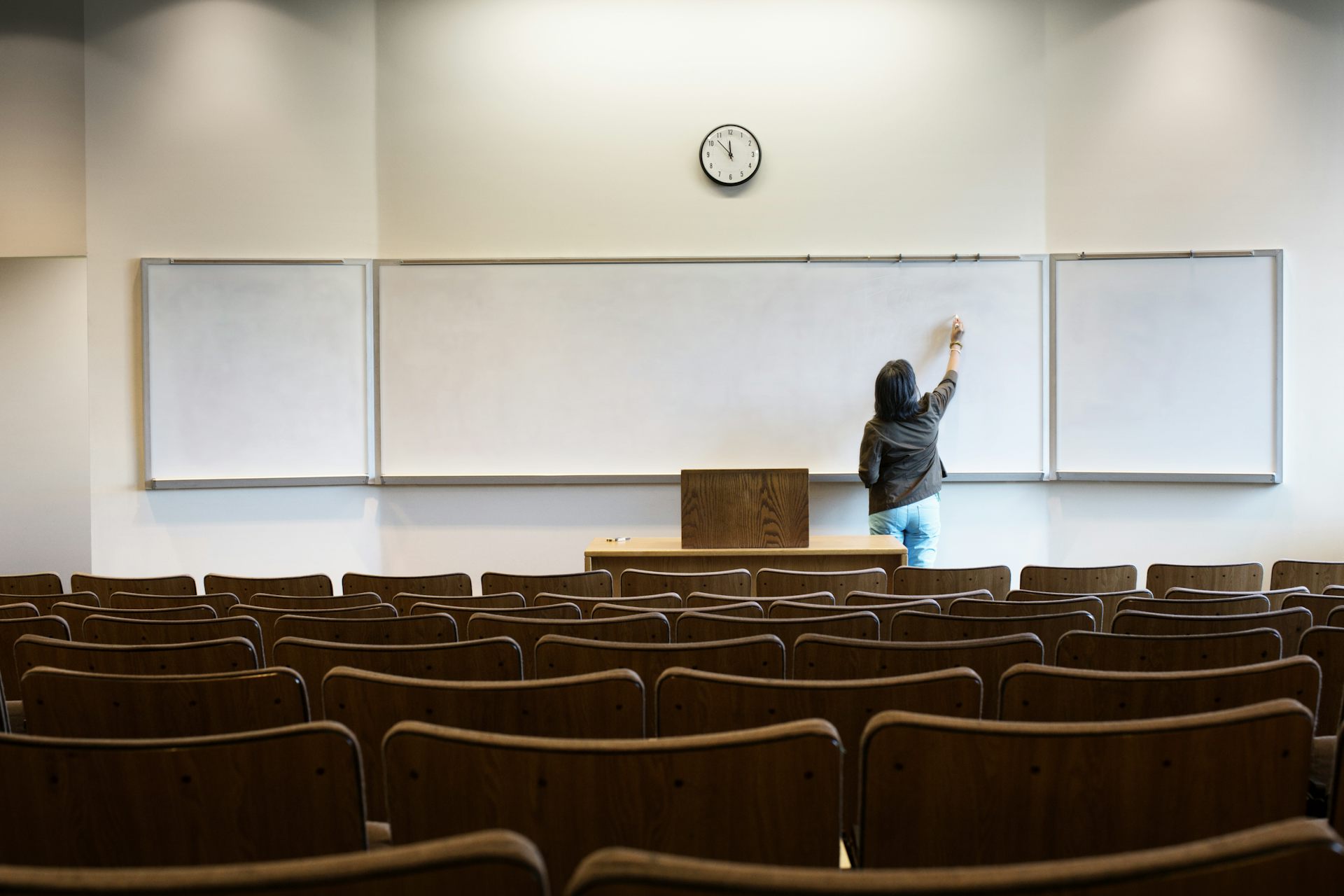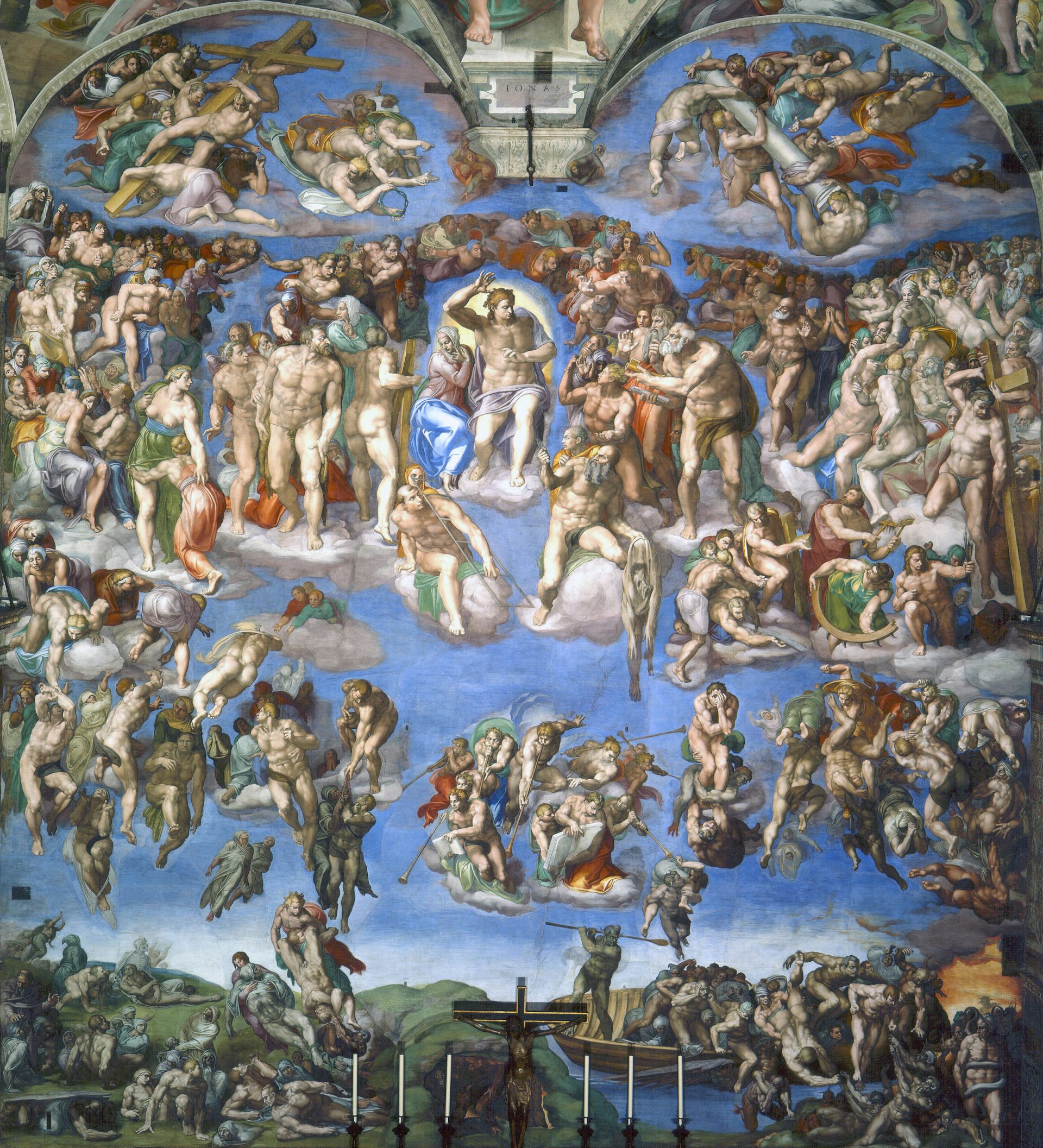Students lead more public schools to close for Islamic holidays
School districts throughout the nation are beginning to heed calls to give students and teachers a day off in observance of the Eid al Fitr, a major Islamic holiday held at the end of Ramadan.

Some public school districts across the nation will be closed on Monday, May 2, 2022, or Tuesday, May 3, 2022, in observance of the Islamic holiday Eid al-Fitr, a festive celebration marking the end of the month of Ramadan, a month of fasting observed by Muslims worldwide. In the following Q&A, Amaarah DeCuir, an education researcher who specializes in issues of concern to Muslim students, illuminates some of the forces that are moving more school districts to close in observance of the Islamic holiday.
How common is it for public schools to close for Islamic holidays?
When New York City announced in 2015 that it would close its public schools in observance of Islam’s two most sacred holidays, it became the first big-city school district in the U.S. to do so.
The New York City public school system is the largest in the nation, and about 10% of its student population identifies as Muslim.
By the time New York City schools began to close for Eid, several smaller school districts had already been doing so for more than a decade. For instance, the Irvington school district in New Jersey began to close for the Eid al-Fitr in 2003.
In recent years, more and more school districts have begun to close in observance of Eid holidays. Those school districts include districts such as the Burlington School District in Vermont, which began to close for Eid al-Fitr in 2010, and Detroit, which began to close its public schools for Eid holidays in 2019.
The list also includes Philadelphia; Baltimore; Prince George’s County in Maryland; Fairfax County, Loudoun County and Prince William County, all in northern Virginia; and several districts across Minnesota, which has a sizable Muslim population.
Why take a day off if Muslims are a minority?
In some cases, significant numbers of students were not coming to school on Eid al-Fitr anyway – and school officials began to take note. For instance, a school superintendent in Burlington, Vermont, once related that about 75 of Burlington High School’s roughly 1,100 students were absent on Eid al-Fitr in 2009 – about 25 more than on a typical school day. In the Fairfax County Public School system, reports show that 33.3% and 38.5% more students than usual were absent from school on Eid al-Fitr holidays in 2016 and 2017, respectively.
But absenteeism isn’t the only factor at play. Some school districts are beginning to observe Eid holidays as a matter of commitment to equal recognition for Muslim families.
In the Hopkinton Public Schools, in Massachusetts, one school board leader noted that closing school for Eid holidays could attract a more diverse pool of educators by not forcing them to take personal days to observe the holiday. In Detroit, a school leader said that closing for Eid holidays was a statement to celebrate the diversity of the community.
Who is leading efforts to get public schools to close for Eid?
In many cases Muslim students are initiating efforts to gain support for schools to close for Eid al-Fitr. In Bridgeport, Connecticut, for instance, a group of eighth grade students in a civics class got the school board to close schools for Eid al-Fitr. In Montclair, New Jersey, school officials decided to close for Eid as called for by a fifth grade Muslim girl’s online petition.
In Iowa City, Iowa, a Muslim high school girl advocated for over three years to promote the observance of Eid before the school system there decided to do so. And a student in Detroit helped persuade school board members there through an op-ed in the Detroit Free Press to close in observance of Eid.
In some cases, such as in Baltimore, efforts to get public schools to close in observance of Eid have been described as a “decadeslong battle.” I predict that as more Muslim students call for public schools to close in observance of Eid, it won’t take nearly as long for additional schools to recognize the value of honoring Islamic holidays as other schools have done in recent years.
What about calculating when the holidays begin?
Since Muslims go by a lunar calendar, which is about 11 days shorter than the 365-day solar calendar that most Americans use, the exact date of Eid al-Fitr changes from year to year.
And not everyone is in agreement about when a particular lunar month begins. Some Muslims go by astronomical calculations to project the Islamic calendar well into the future. For instance, one Islamic calendar has projected specific Eid dates into the year 2045. Other Muslims prefer to use traditional methods of local moonsighting, which involves using the naked eye to actually see the crescent of the moon to determine the start and end of a lunar month.
This partially explains why there could be different start and end dates for Ramadan on any given year that are one day apart. School district leaders may want to defer to whichever method is used by local Muslim authorities.
Amaarah DeCuir does not work for, consult, own shares in or receive funding from any company or organization that would benefit from this article, and has disclosed no relevant affiliations beyond their academic appointment.
Read These Next
Last nuclear weapons limits expired – pushing world toward new arms race
The expiration of the New START treaty has the US and Russia poised to increase the number of their…
The greatest risk of AI in higher education isn’t cheating – it’s the erosion of learning itself
Automating knowledge production and teaching weakens the ecosystem of students and scholars that sustains…
Why Michelangelo’s ‘Last Judgment’ endures
The artist used daring imagery that sparked controversy from the moment it was unveiled.






